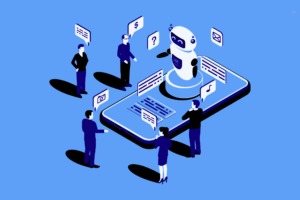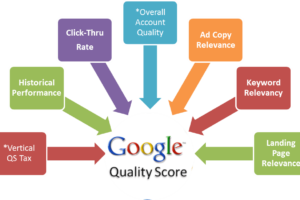In the labyrinth of career choices, one perennial debate never fails to surface: Are government jobs superior to their private counterparts, or is it the other way around? It’s a conundrum that has perplexed job seekers for generations, each side staunchly defending its stance. But let’s embark on a journey beyond the surface-level arguments and delve into the nuances that make each path unique.
The Myth of Stability
One of the most common perceptions is that government jobs offer unmatched stability, like an unwavering beacon in the tumultuous sea of employment. While it’s true that government positions often come with tenure and pension benefits, stability isn’t solely determined by the sector. Economic fluctuations, policy changes, and technological advancements can disrupt even the most secure government roles. Conversely, some private sector jobs offer stability through robust company policies, diversified revenue streams, and forward-thinking leadership.
Must Read: Roles & Responsibilities to Become Business Development Executive
The Quest for Fulfillment
Another aspect often weighed in this debate is the pursuit of fulfillment. Government jobs are lauded for their potential to make a tangible difference in society, whether through public service, policymaking, or community development. The sense of purpose derived from serving the greater good can be immensely gratifying. On the flip side, private sector roles may offer opportunities for innovation, creativity, and entrepreneurship, allowing individuals to carve out their own path and leave a mark on the world in their unique way.
Remuneration and Perks
Let’s talk turkey—compensation plays a pivotal role in job satisfaction. Government jobs are known for their structured pay scales, regular increments, and comprehensive benefits packages, including healthcare, retirement plans, and paid leave. However, private sector roles often boast higher earning potential through performance-based incentives, profit-sharing schemes, and stock options. Moreover, the rapid pace of innovation in the private sector can lead to quicker career progression and lucrative opportunities for those who dare to dream big.
Work-Life Balance
In the age of hustle culture, achieving a harmonious work-life balance has become the holy grail for many professionals. Government jobs are often associated with standard working hours, generous leave policies, and a predictable routine, fostering a semblance of equilibrium between work and personal life. Conversely, the private sector is notorious for its demanding schedules, tight deadlines, and relentless pursuit of targets. However, progressive companies are increasingly prioritizing employee well-being, offering flexible work arrangements, remote options, and wellness programs to promote work-life harmony.
In a Nutshell
So, are government jobs truly better than private jobs, or vice versa? The answer, my friend, lies not in absolutes but in individual preferences, aspirations, and circumstances. What matters most is finding a role that aligns with your values, leverages your strengths, and fosters your professional growth and personal fulfillment. Whether you choose the path less traveled in the public sector or blaze your trail in the dynamic realm of private enterprise, embrace the journey with an open mind, a resilient spirit, and an unwavering commitment to excellence. After all, it’s not about where you work but how you work that defines your legacy.











